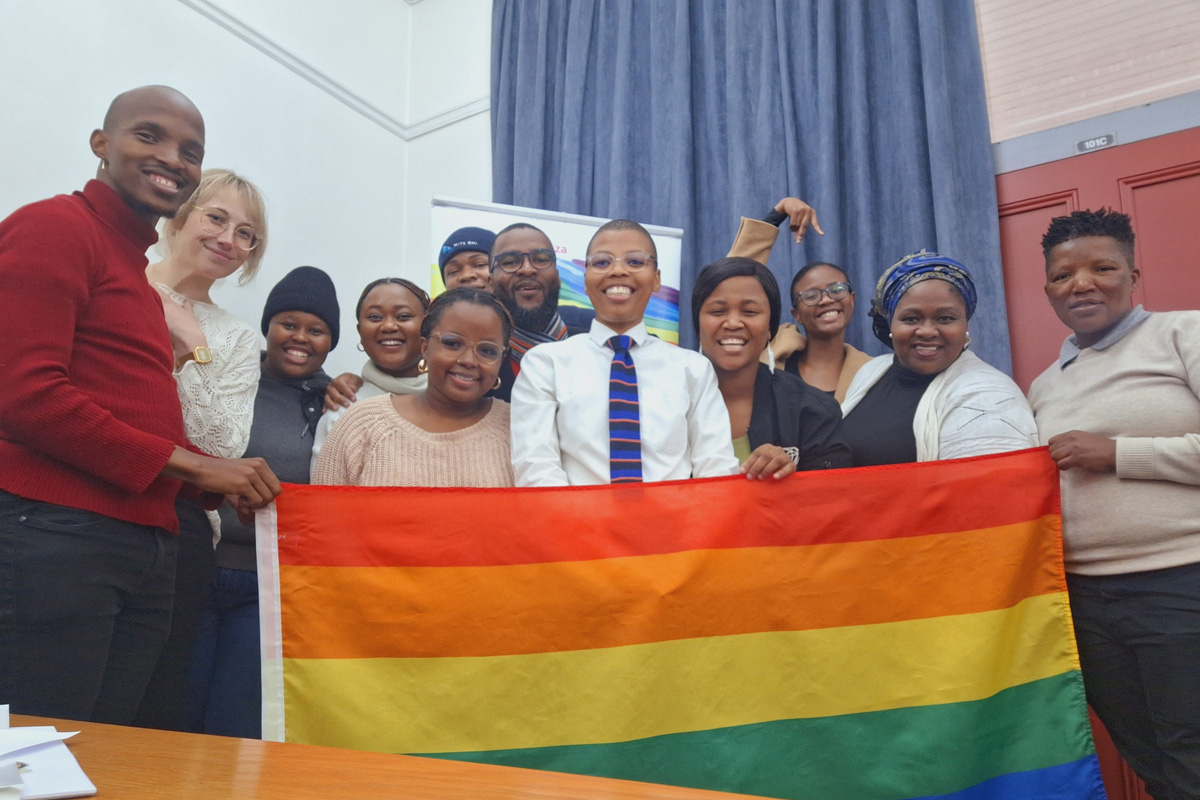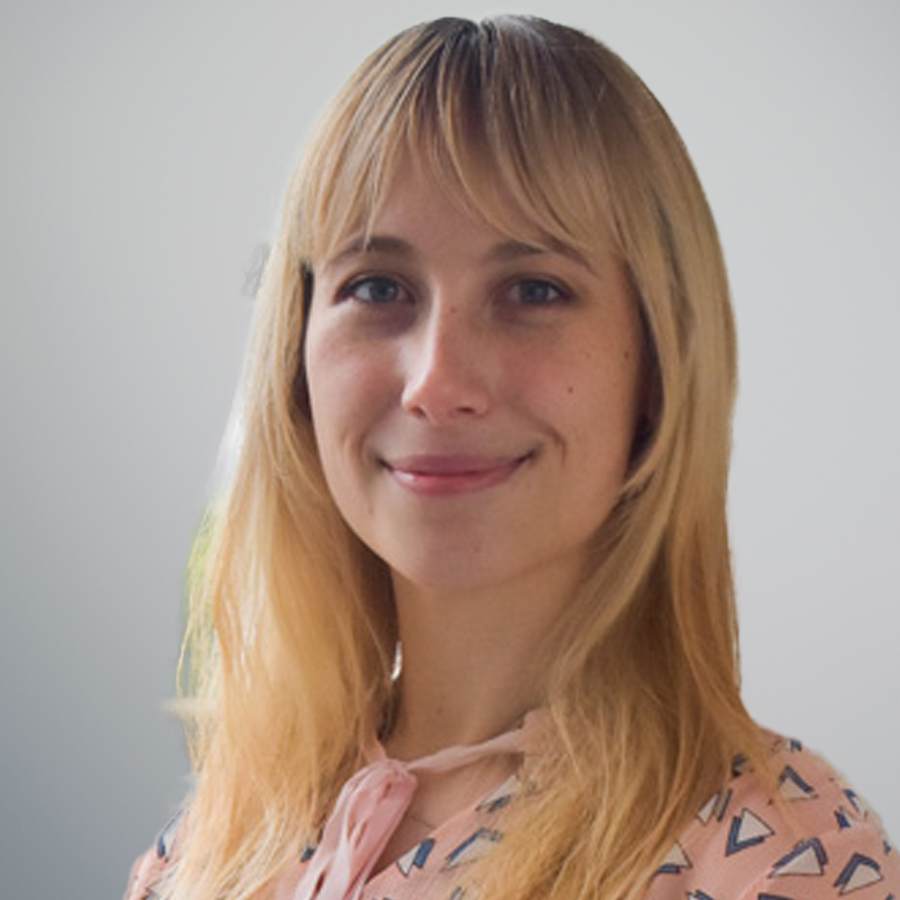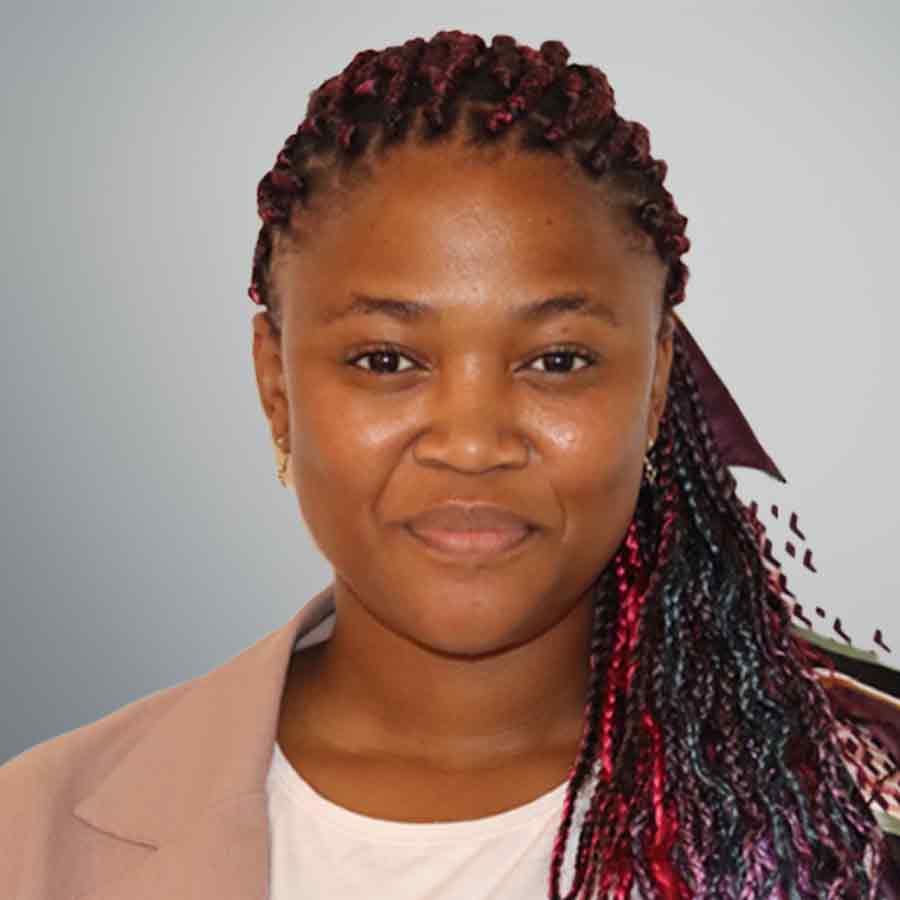On October 6, 2024, the Centre for Human Rights ( Centre), University of Pretoria held a training for members of the LGBTIQ+ community on accessing Equality Courts in South Africa. The event was held in collaboration with Nelson Mandela University (NMU) Transformation Office in Gqeberha.
The training is part of a larger project on Equality Courts in South Africa, aiming to raise awareness about the South African Equality Courts for the purposes of building capacity, confidence and knowledge in seeking redress for discrimination. The training began on 5 October, led by Adelaide Karomo from the NMU Transformation Office, with a short session on implicit bias and explored how bias can quickly turn into unfair discrimination.
On 6 October the training explored the provisions of the Promotion of Equality and Prevention of Unfair Discrimination (PEPUDA) Act 4 of 2000, which prohibits unfair discrimination, harassment, and hate speech. PEPUDA, created to give effect to section 9 of the South African Constitution, also guides the procedures for accessing the Equality Courts. Participants were also taken through the legal and procedural requirements for filing a case with the Equality Court, practical guidance on completion of relevant forms, as well as guidance on how to design a claim.
This event drew participation from a diverse audience, including civil society organisations, students, and youth representatives from civil society within the Eastern Cape. Some of the collectives included Sibanye LGBT Organisation, WITS RHI, and the Nelson Mandela University Chapter of the Black Lawyers Association.
One of the standout features of this event was the active participation of attendees, who enriched the discussions by providing insights into the local context. Several notable cases, such as the Port Elizabeth store owner who put up discriminatory notices against the LGBTIQ+ community refusing them entrance into his store, and the tragic murder of Lulu Ntethele, were discussed in detail as well as the realistic hesitations of using the law as recourse for such crimes. These cases served as powerful examples of the challenges faced by marginalised communities and the need for legal recourse as a powerful tool for addressing discrimination.
Participants shared their personal experiences and stories related to these cases, which not only deepened their understanding of the Equality Courts, but also highlighted the pressing need for justice in such instances, as well as the impact of reporting cases for the purposes of strategic litigation. Attendees were encouraged to take the knowledge gained during the training back to their networks, communities, and stakeholders. They recognised the importance of spreading awareness about the Equality Courts and making them more accessible to those in need.
The Centre would like to extend its gratitude to the Nelson Mandela University’s Transformation Office and the attendees for supporting this successful event, as well as financial support from the European Union (EU).

For more information contact

Tel: +27 (0) 12 420 3151
ch.vanderlinde@up.ac.za



